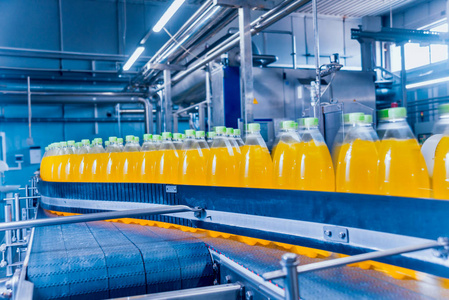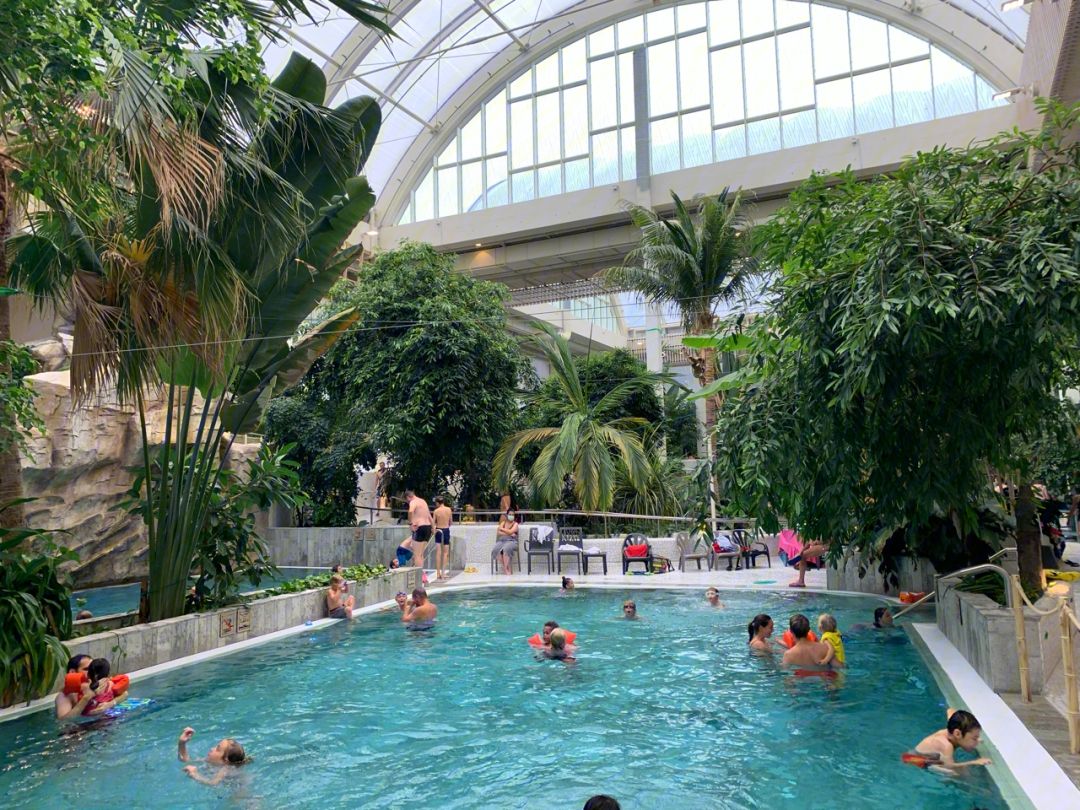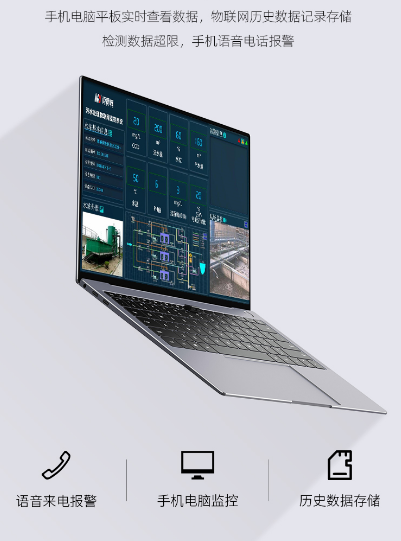Excessive Residual Chlorine Harms Health! A Must-Read for the Food, Hotel, and Swimming Pool Industries: How Can Online Water Quality Automatic Monitors Prevent Risks?
In our daily lives, residual chlorine acts like an invisible "silent killer", quietly laying hidden dangers in many industries. Let's first take a look at a well - known hotel chain. The residual chlorine in their swimming pool exceeded the standard by three times. After guests swam, many of them suffered from throat discomfort. Once this incident was exposed, the hotel was bombarded with negative reviews across the internet, and its booking volume plummeted by 30%, resulting in heavy losses.
Another case is a food processing factory. The excessive residual chlorine in the cleaning water made the bottled drinks have an obvious "disinfectant smell". After the products were launched on the market, there were a large number of returns, causing losses of up to one million dollars. Residual chlorine is invisible and intangible. Once it exceeds the standard, it not only harms the health of users but also the reputation and profits of enterprises. Now, let the chlorine sensor Manufacturer, Maideshi, explain it in detail for you!
"Residual Chlorine Sensitive Zones" in Key Industries
1. Food Processing Industry

In the food processing industry, such as in the production of beverages, dairy products, and the cleaning of fruits and vegetables, the requirements for residual chlorine are extremely strict. If the residual chlorine in the water used to clean raw materials exceeds the standard, it will remain in the food, leading to off - flavors, poor taste, and even affecting food safety. For example, excessive residual chlorine in dairy products may damage the nutritional components. Generally, the residual chlorine in the cleaning water for food processing needs to be controlled within a "safe and effective" range, usually 0.1 - 0.3mg/L. An online residual chlorine detector can ensure that the residual chlorine stays within this appropriate range.
2. Hotels/Hot Spring Resorts
If the residual chlorine in the guest room water and hot spring pools of hotels and hot spring resorts is too high, guests may experience dry and itchy skin after taking a bath. Especially high - end customers are very sensitive to water quality. One bad experience may make them never choose this hotel again. Installing an online residual chlorine detector can make the water quality meet the standards imperceptibly, greatly improving customer satisfaction.
3. School/Kindergarten Swimming Pools

In school and kindergarten swimming pools, children's skin and mucous membranes are more fragile, and the harm of excessive residual chlorine to them is greater. Parents pay extremely high attention to the water quality of children's swimming. Installing an online residual chlorine detector not only guarantees the safety of children but also gives parents peace of mind, avoiding a trust crisis caused by water quality problems.
The "Hard - Core Value" of Online Residual Chlorine Detectors
1. Rely on Data, Say Goodbye to "Intuition"
Previously, many people judged the residual chlorine content by "smelling the odor and using test papers", but this method has a large error. A Digital residual chlorine sensor can display the residual chlorine content digitally, accurate to 0.01mg/L. In this way, enterprises have a clear basis when adding chemicals.
2. Full - Process Recording, Evidence for Compliance
The detector will automatically store historical data and generate reports. When market regulatory authorities come for inspections, enterprises can present these data to prove that "the residual chlorine has been qualified throughout the process", avoiding penalties.
3. Save Labor and Worry
One online residual chlorine detector can replace manual multiple - times - a - day detections, equivalent to the workload of three quality inspectors. For chain enterprises, it can easily achieve batch management of multiple swimming pools or water - using points.
Three Key Points for Enterprises to Remember When Selecting Equipment
1. Look at the "Response Speed"
In case of sudden excessive chemical addition, the online water quality monitor must be able to alarm within 1 minute so that enterprises have enough time to handle the situation, such as emergency water replacement.
2. Choose the One with "Simple Operation"
In industries with high employee turnover, such as hotels and schools, it is best to choose models with touch - screen operation and one - key calibration, which can reduce training costs.
3. Compare the "Long - Term Costs"

Some low - cost devices may need to replace the sensor every six months. Choosing a device with a sensor lifespan of more than one year, although the upfront price may be a bit higher, has a lower overall cost.
Enterprises must comprehensively consider the above factors when choosing an online residual chlorine detector to select the most suitable equipment for themselves. If you are also troubled by water quality monitoring problems, welcome to consult Maideshi, a professional chlorine sensor Manufacturer, at any time!
Previous: Stop Random Disinfection! These Enterprises Need to Pay Attention to Water Quality in Summer, and the Online Residual Chlorine Automatic Monitor is Here to Help!
Next: Stop Using the Wrong Residual Chlorine Standards! There Are Big Differences in Values for Drinking Water, Medical, and Food Processing. A Guide for Enterprises to Avoid Pitfalls in Monitoring

